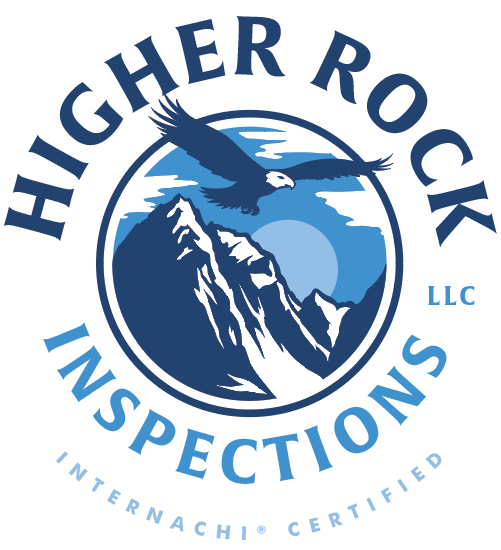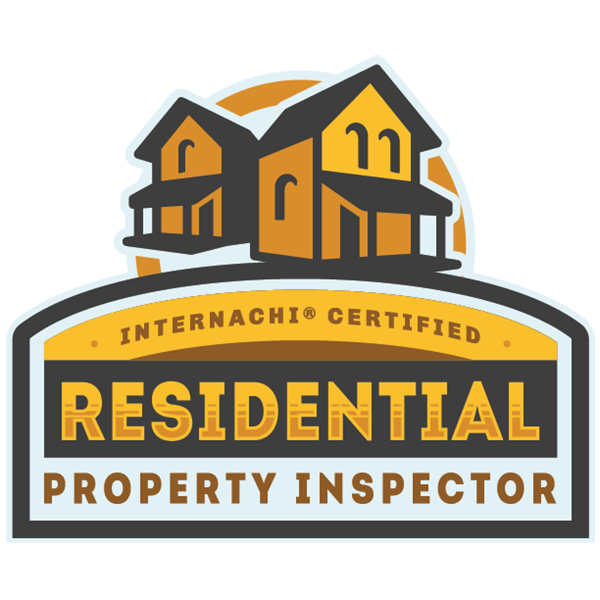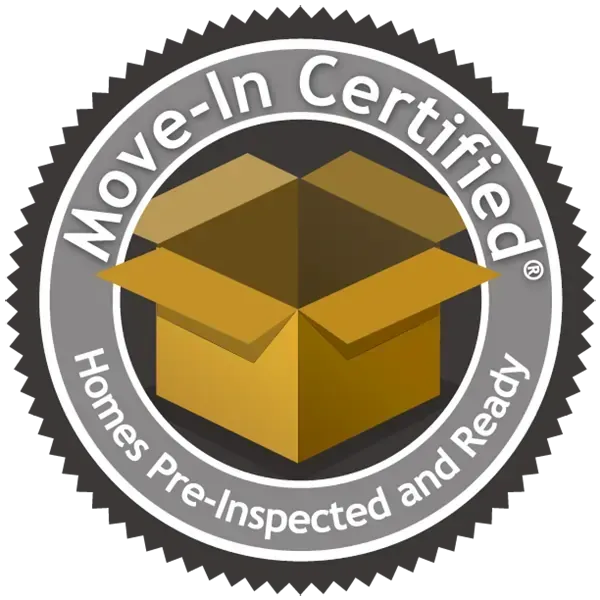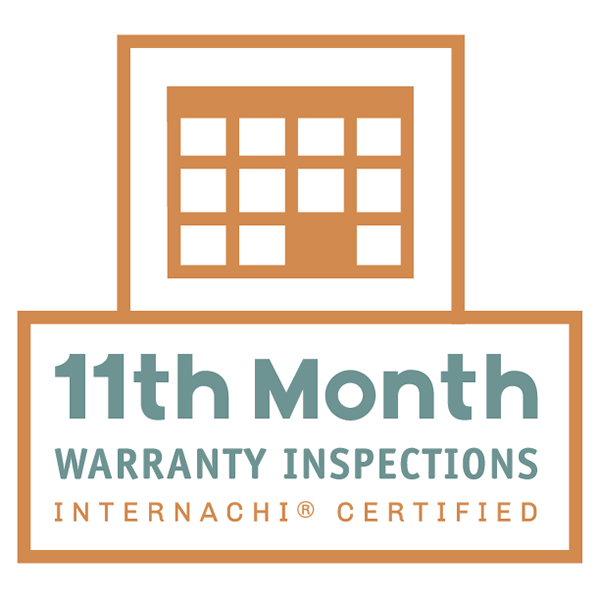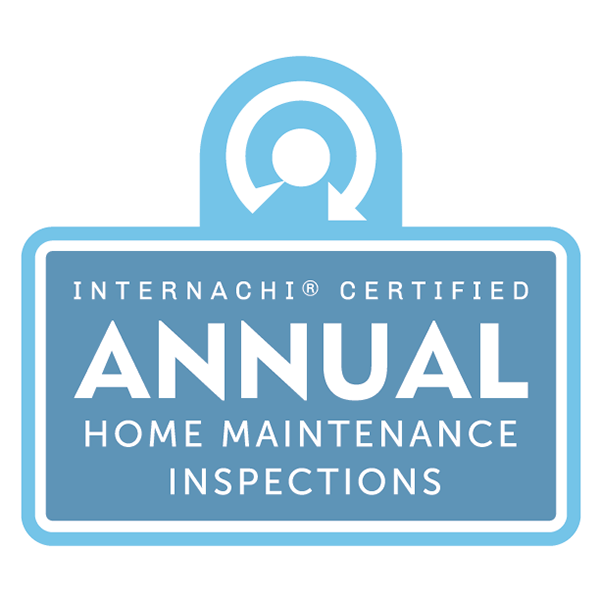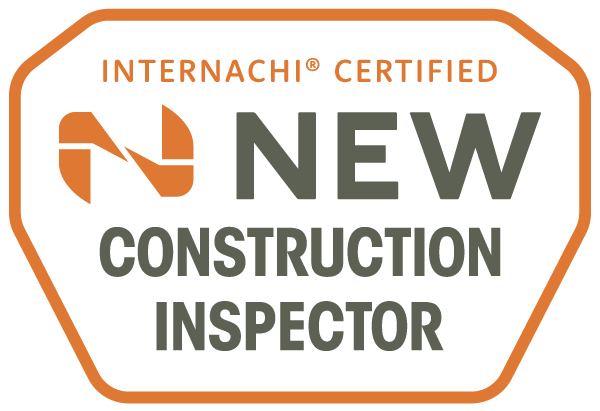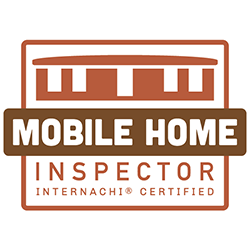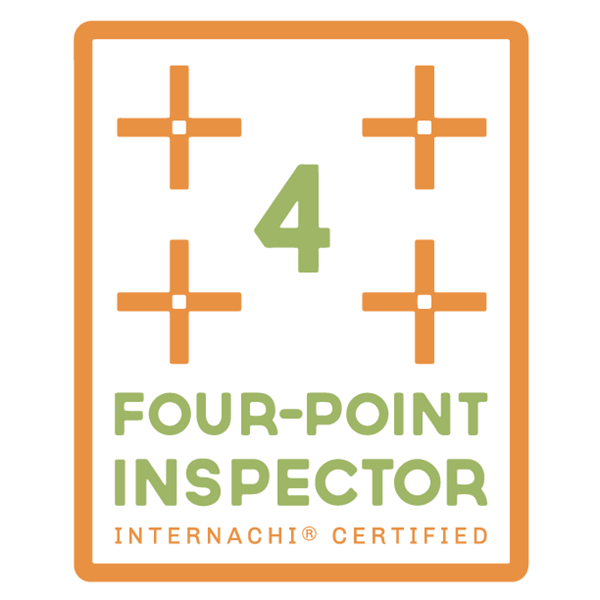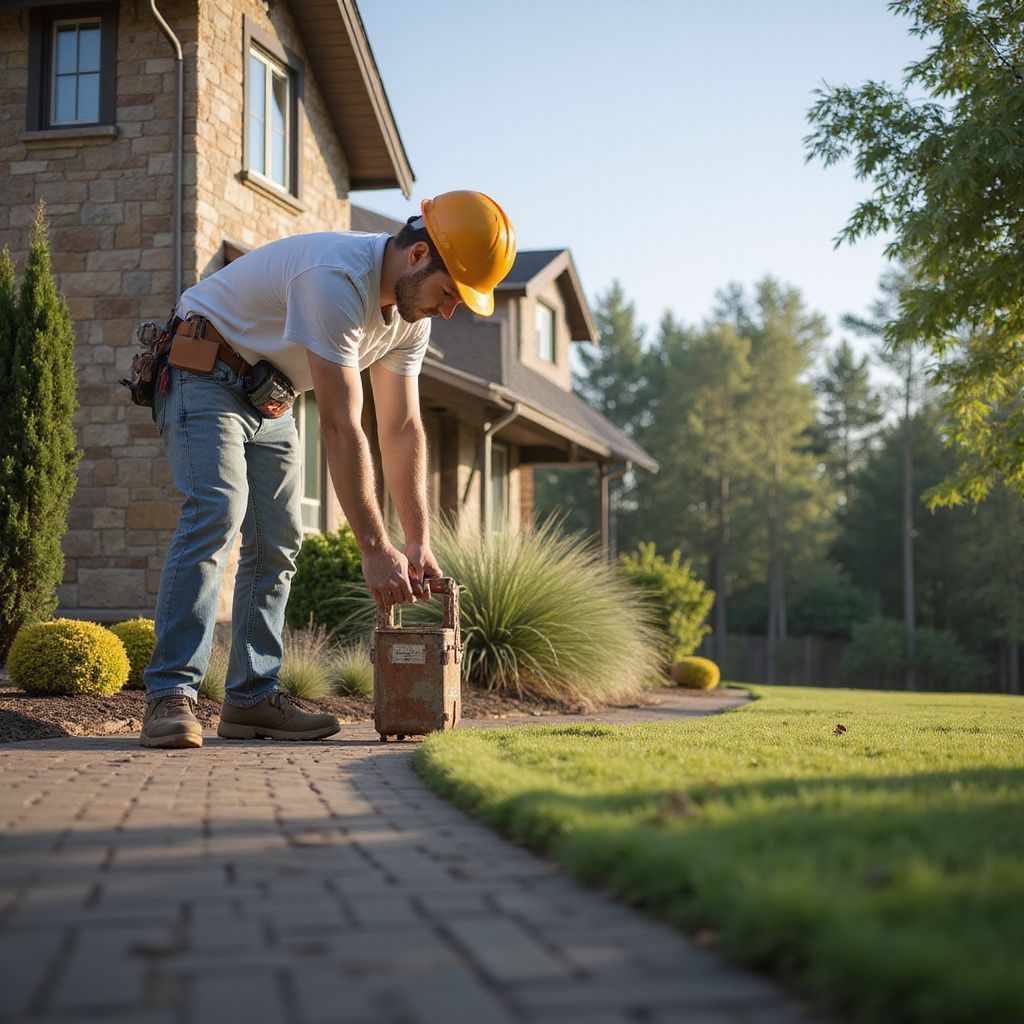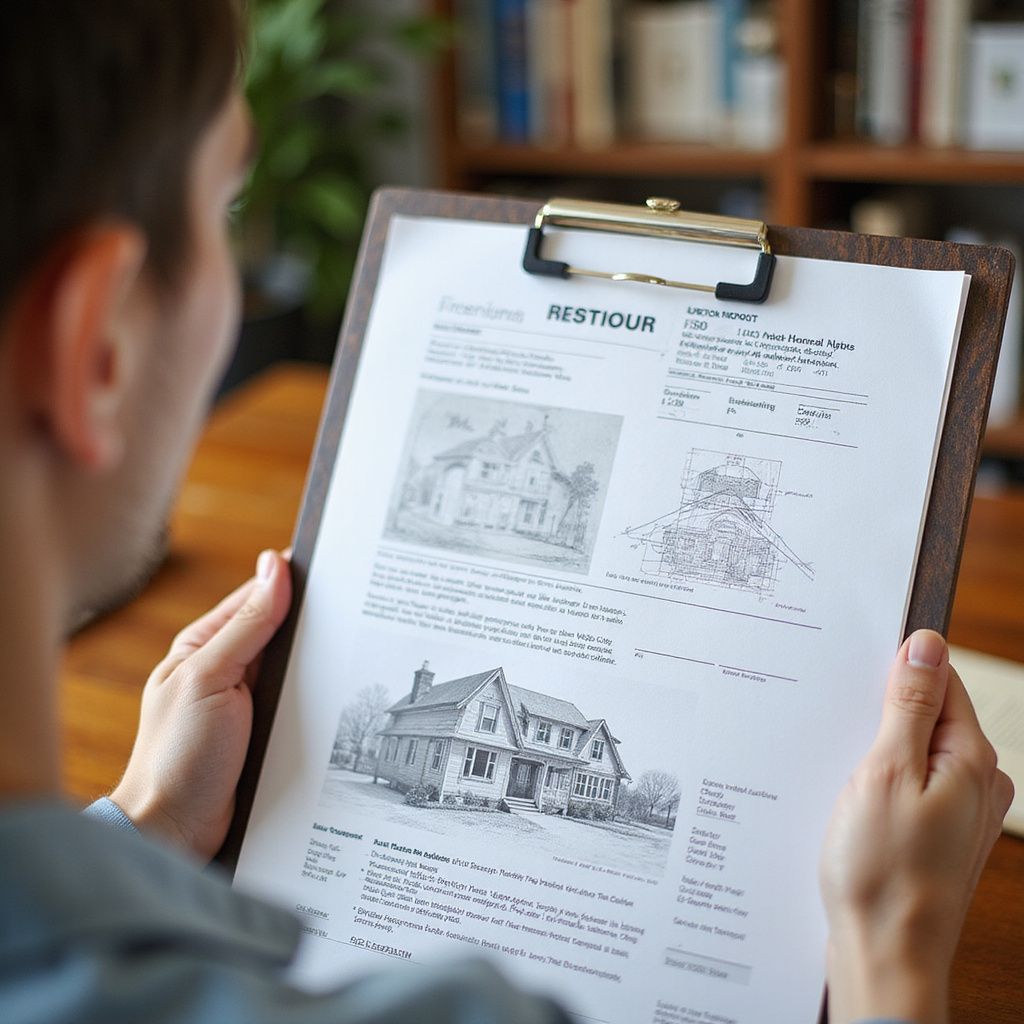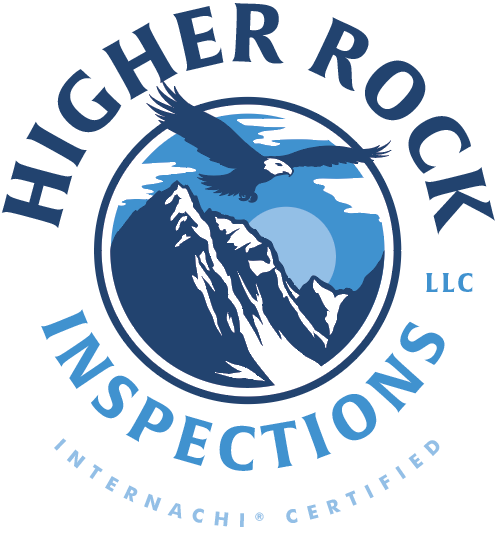Residential Inspections We Offer
Home Buyer Inspections
Choosing to have me inspect your home prior to purchasing is an excellent decision! Unlike a home appraisal, which determines a property's market value, a home inspection focuses on the current condition and safety of the home. A home inspection is a non-invasive, visual examination of a residential property and a crucial step in the real estate transaction process. It helps both you and the seller understand the property's condition.
For my inspection, I will examine the property features and your home from top to bottom, including all its major systems and components, in accordance with the Tennessee Standards of Practice for home inspectors. While I will be operating systems that are accessible and safe using normal operating controls,, I will not be performing a technically exhaustive inspection (e.g., dismantling appliances, tracing electrical wiring, determining adequate sizing and overall efficiency of systems, etc.). Also, home inspections are limited to those parts of the home that can be visually observed. Areas hidden behind floor, wall, and ceiling coverings will be disclaimed as unable to be inspected.
My report will provide a description of the major home systems, their components, and their operability, and will provide recommendations and detailed descriptions and photographs of any concerns or defects that I observe. I will especially highlight any conditions or potential concerns with systems or components that can be costly to repair or their failure may result in a hazardous situation.
Move-In Certified Seller Inspections
A Move-In Certified® Seller Inspection is a pre-listing home inspection that I can provide, which identifies any defects or issues in your home before it is put on the market. This inspection helps you as a seller address problems in advance, potentially streamlining the selling process and providing buyers with confidence in the home's condition.
There are several key advantages to having a Move-In Certified® inspection. First, it provides an unbiased assessment of your home's condition, which can be shared with potential buyers. Secondly, the inspection report helps you set a realistic asking price based on the home's condition. You can be informed of any major systems needing repair or safety hazards, enabling you to obtain reasonable repair estimates and make necessary repairs or adjustments in plenty of time. This means you can avoid last-minute negotiations and disputes over repairs. Most importantly, a Move-In Certified® inspection demonstrates your willingness to be transparent and establishes credibility with the potential buyer.
11-Month Warranty Inspections
It is common for builders to provide a warranty with new construction. This warranty period typically extends for 12 months after the purchase close. This means that the builder will repair, at no cost to the homeowner, any defects during the 12-month warranty period. Any repairs after the warranty period will be at the homeowners expense.
An 11-month warranty inspection is a detailed assessment of a newly constructed home conducted before the builder's one-year warranty expires. This inspection aims to uncover defects in workmanship, materials, or systems that may not have been apparent during the initial inspection or that have emerged over time.
It is important to remember that processing or communication delays can cause claims to extend past the warranty period and lead to denial. Be sure to schedule your inspection early enough to allow you to report repair items to the builder and file a claim. Don't miss the opportunity to purchase an 11th month warranty inspection in exchange for costly repairs down the road!
Annual Home Maintenance Inspections
An Annual Home Maintenance Inspection is a routine checkup to assess the condition of a home’s structure and systems. The purpose of this inspection is to identify any potential issues before they become major problems. This inspection covers the property features and all major components of the home (e.g., roof and attic, plumbing, electrical systems, HVAC, windows and doors, structural components, foundation and crawlspace, etc.).
The main goal of an Annual Home Maintenance Inspection is to ensure that all systems are functioning properly and to provide you with a report detailing any necessary repairs or maintenance tasks. Some of the benefits include:
- Preventative Maintenance by Identifying and addressing small issues early that can prevent costly repairs later.
- Documentation for a paper trail of the home's condition, which can be useful for future sales or insurance purposes.
- Peace of Mind for you as a homeowner gaining confidence in the safety and functionality of you home.
Overall, an annual home maintenance inspection is a proactive approach to homeownership, ensuring that the property remains in good condition over time.
New Home Inspections
A New Home Inspection is a thorough evaluation of a newly constructed property's condition, conducted by a licensed inspector, before the homeowner moves in. The purpose of a New Home Inspection is to identify Issues such as construction defects, safety hazards, and any potential problems that may arise in the future.
Even new homes can have construction errors or overlooked issues. A New Home Inspection provides peace of mind, ensuring that the property is safe and ready for occupancy. It also serves as a valuable tool for negotiating repairs or adjustments with the builder before finalizing the purchase.
Manufactured Home Inspections
A mobile home inspection is a thorough evaluation of a manufactured home to assess its condition, safety, and compliance with required building standards. This inspection typically covers key systems such as the roof, plumbing, electrical, and structural integrity, focusing on the unique aspects of mobile homes compared to traditional houses. This inspection is crucial for identifying potential issues that could affect the home’s value and livability.
The main goal of a mobile home inspection is to ensure the home is safe, structurally sound, and compliant with current building standards. It helps buyers and owners identify any defects or maintenance needs. Because mobile homes are built in factories and transported to their sites, they are different from traditional homes. They often use lighter materials and have unique construction techniques, foundations, and anchoring methods, requiring specialized knowledge from inspectors.
Regular inspections are essential for maintaining the home’s value and ensuring safety. They are particularly important when buying or selling a mobile home, as they provide insights into the home’s condition and any necessary repairs.
Four-Point Inspections
Unlike our standard home inspection that considers all of the systems and components of your home, a Four-Point Inspection is limited to the evaluation of four major systems: the roof, electrical, plumbing, and HVAC (heating, ventilation, and air conditioning). This type of inspection may be required by insurance companies, especially with older properties, to assess the condition of these systems before issuing or renewing a homeowners insurance policy.
Specifically, a Four-Point Inspection involves:
- Inspecting the roof for damage or wear, proper flashing, areas of potential water leaks, roof penetrations, guttering, etc.
- Evaluating the electrical system, including outlets and receptacles, wiring types and panel conditions, to identify potential wiring defects and fire hazards.
- Assessing the plumbing system for pipe materials, leaks, functional flow, proper drainage and overall condition to prevent water damage.
- Inspecting the HVAC system for functionality and signs of wear.
A Four-Point Inspection helps insurers determine the risk associated with insuring the property and can influence coverage options and premiums. This inspection can be completed in a couple of hours or less and provides a quick snapshot of the home. Our cost for a Four-Point Inspection is $150.
Infrared Scan Package
An Infrared Scan is a non-destructive testing technique that uses thermal imaging to detect temperature variations on surfaces. This scan can provide valuable information that would be extremely difficult or otherwise impossible to obtain with an ordinary visual, non-invasive home inspection.
Infrared cameras detect radiation or heat that is emitted from objects and surfaces. This difference in temperatures can help identify areas of insulation voids, heat loss, moisture intrusion, and electrical defects.
Infrared can help to identify:
- Energy Loss: Detecting areas where insulation may be inadequate.
- Moisture Issues: Locating leaks in roofs, walls, or plumbing.
- Electrical systems: Identifying potential safety issues associated with breakers and wiring in an electrical panel, wire bundle, or outlet.
- HVAC Problems: Finding inefficiencies in heating and cooling systems.
An Infrared Scan can provide valuable insights for homeowners and potential buyers. The additional cost for adding this scan to your home inspection is $150.
Your Home, Our Commitment
